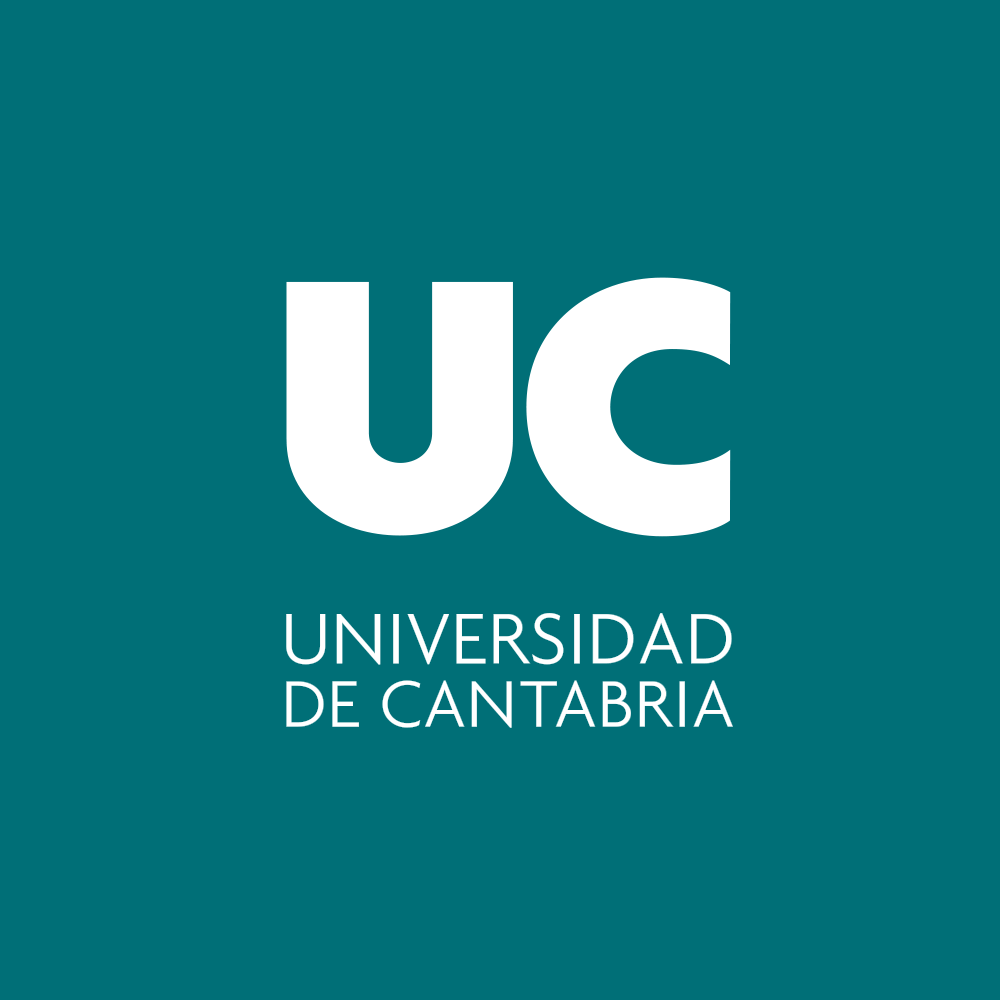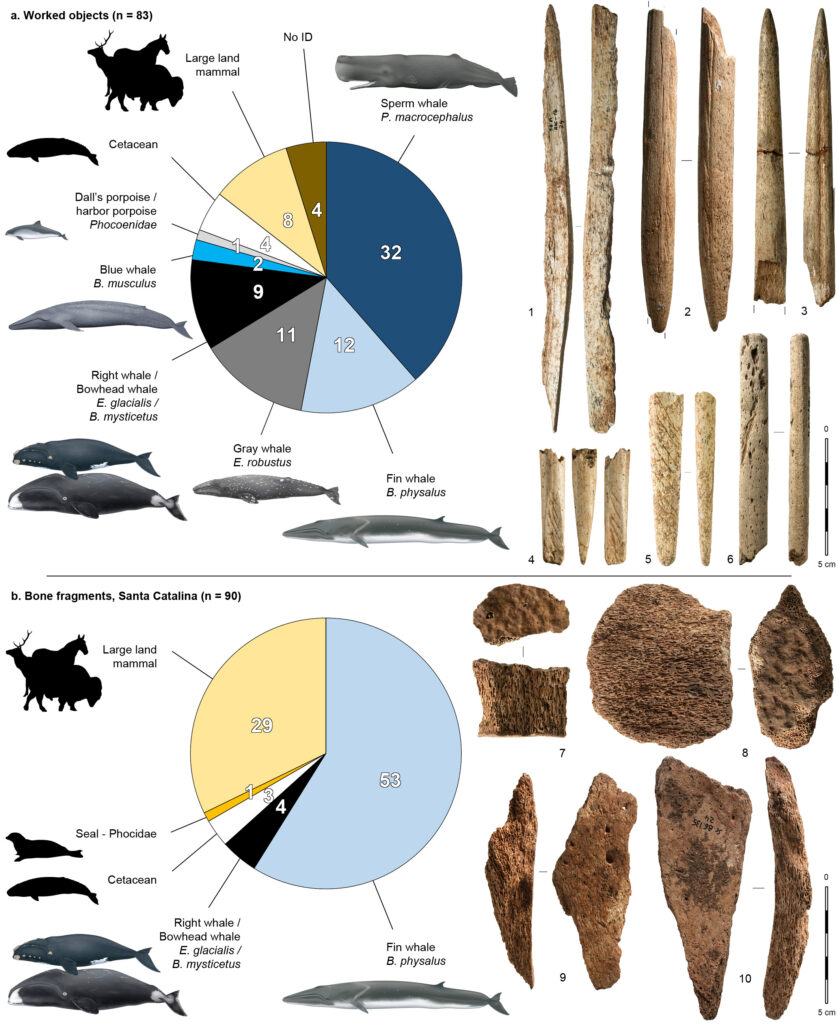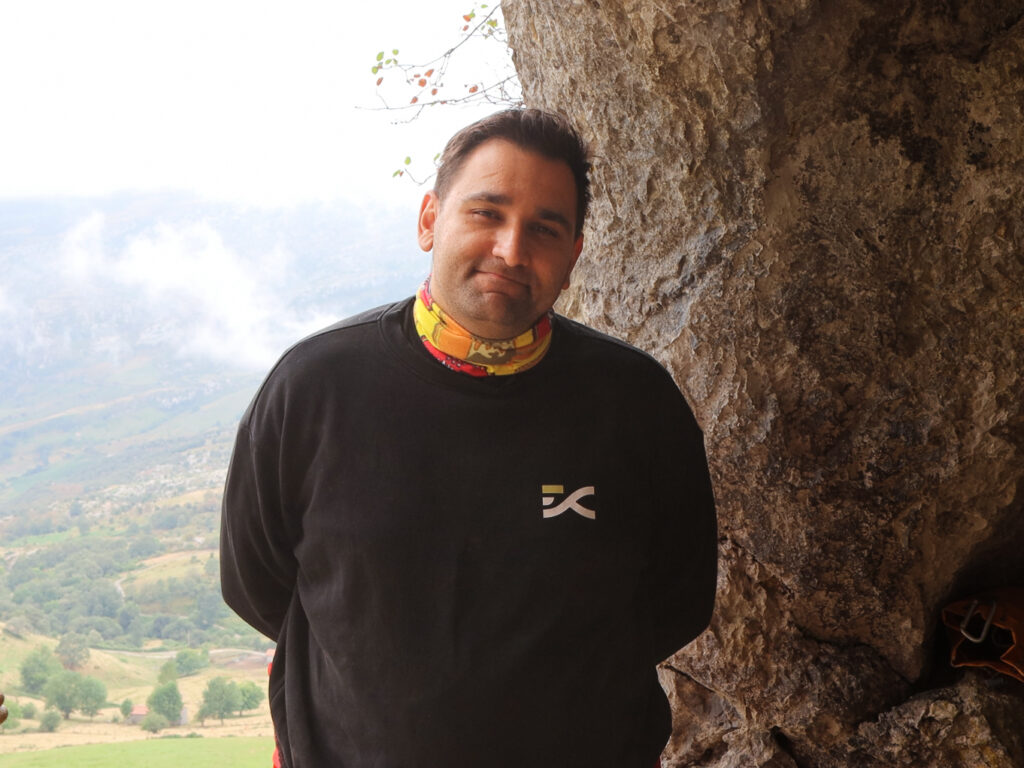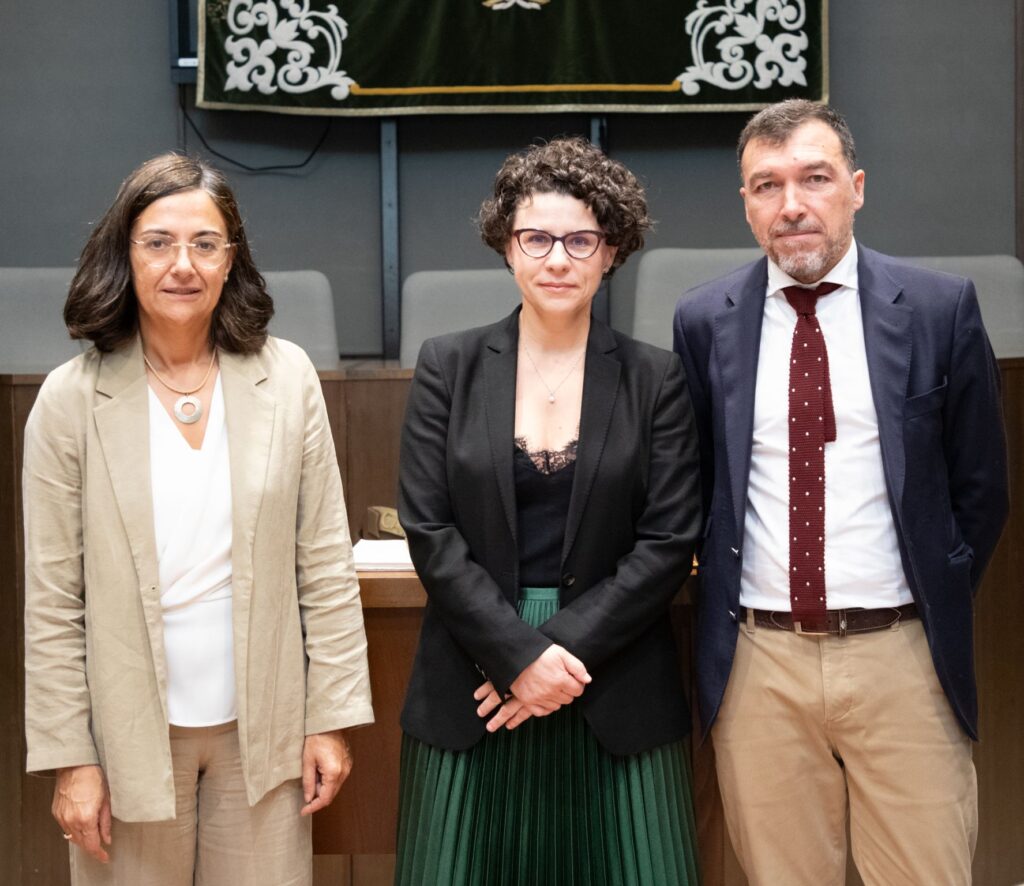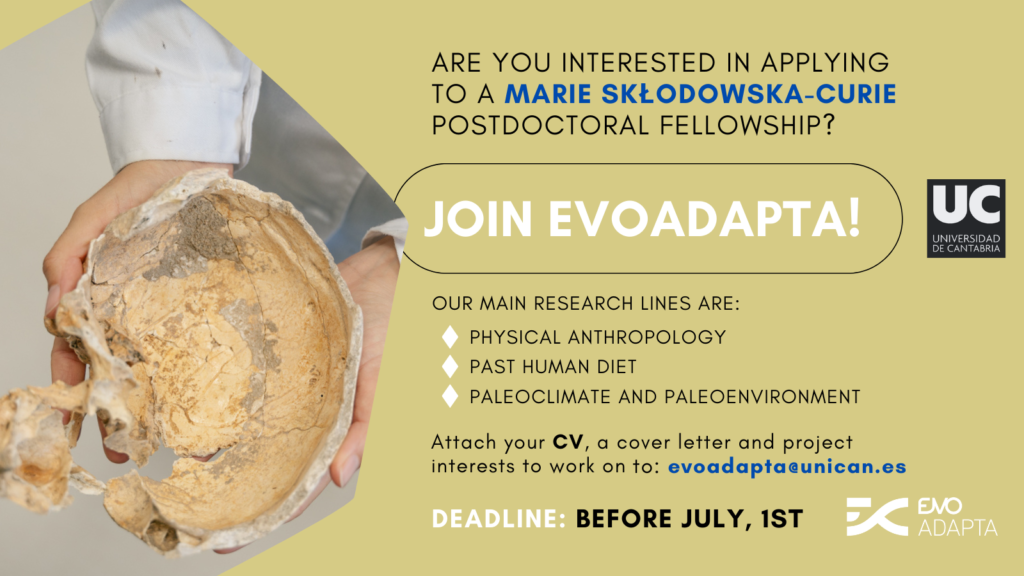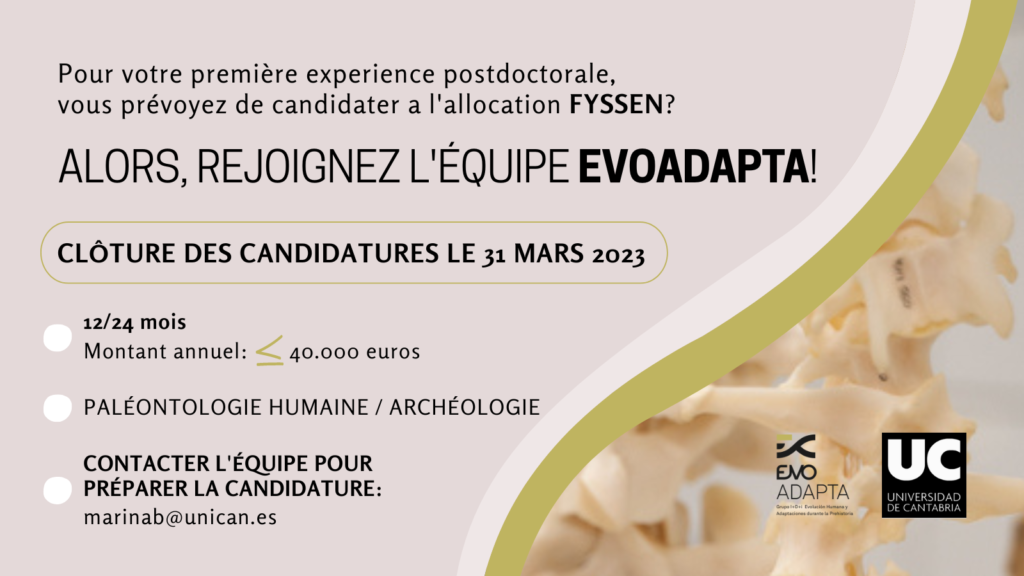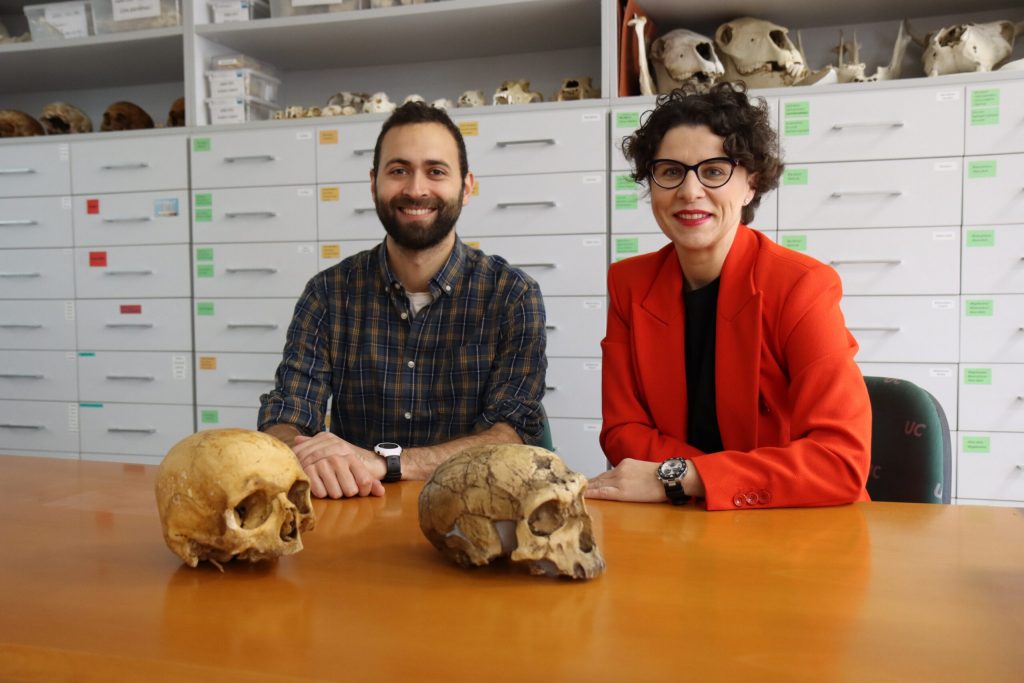Whales and humans connected: Paleolithic tools in the Bay of Biscay
Researchers from the EvoAdapta Group at UC contribute to uncovering the links between humans and whales in the Bay of Biscay at the end of the Paleolithic Between 20,000 and 14,000 years ago, hunter-gatherers living around the Bay of Biscay took advantage of the carcasses of at least five whale species, not only to extract […]
Whales and humans connected: Paleolithic tools in the Bay of Biscay Read More »

